In recent years, hardy kiwi has gained immense popularity as a fruit with high commercial potential. With its unique characteristics, adaptability to various climates, and exceptional nutritional value, hardy kiwi has become an attractive investment opportunity for farmers. This article aims to explore the reasons why farmers should consider cultivating hardy kiwi and how it can significantly contribute to the success of their agricultural businesses. 1. Adaptability: One of the main advantages of cultivating hardy kiwi is its adaptability to different climates and growing conditions. Unlike its more well-known cousin, the fuzzy kiwi, hardy kiwi is capable of enduring colder temperatures and thriving in regions with shorter growing seasons. This versatility allows farmers to cultivate hardy kiwi in a wider range of locations, expanding the potential market for this fruit.
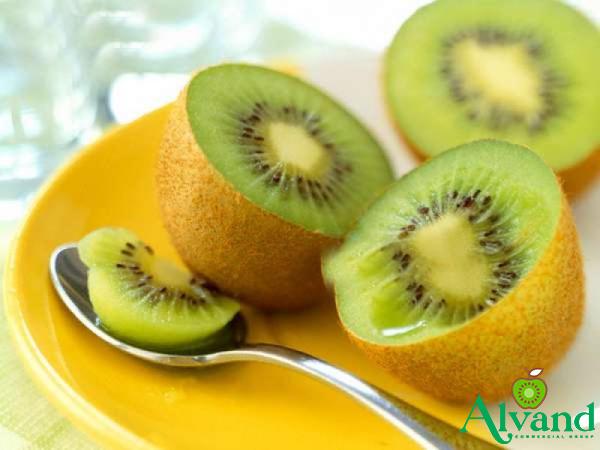
.
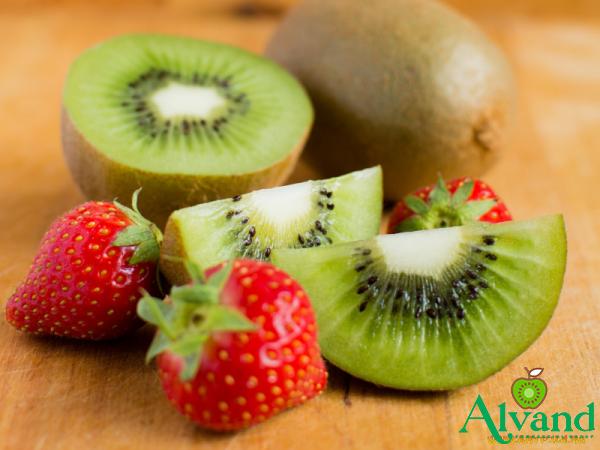 2. High-Yielding Crop: Hardy kiwi plants have the potential to produce substantial yields, providing farmers with significant returns on their investment. These plants are known to be highly prolific, with some varieties producing upwards of 500 fruits per vine. With careful cultivation and proper management, farmers can capitalize on this high-yield crop to generate substantial profits. 3. Nutrition and Health Benefits: Hardy kiwi is not only delicious but also highly nutritious. Packed with vitamins C, E, and K, dietary fiber, and antioxidants, this fruit offers various health benefits to consumers. As people become more health-conscious, the demand for nutrient-rich foods like hardy kiwi is on the rise. Farmers who choose to cultivate hardy kiwi can tap into this growing market and supply a product that caters to the health-conscious consumer base.
2. High-Yielding Crop: Hardy kiwi plants have the potential to produce substantial yields, providing farmers with significant returns on their investment. These plants are known to be highly prolific, with some varieties producing upwards of 500 fruits per vine. With careful cultivation and proper management, farmers can capitalize on this high-yield crop to generate substantial profits. 3. Nutrition and Health Benefits: Hardy kiwi is not only delicious but also highly nutritious. Packed with vitamins C, E, and K, dietary fiber, and antioxidants, this fruit offers various health benefits to consumers. As people become more health-conscious, the demand for nutrient-rich foods like hardy kiwi is on the rise. Farmers who choose to cultivate hardy kiwi can tap into this growing market and supply a product that caters to the health-conscious consumer base.
..
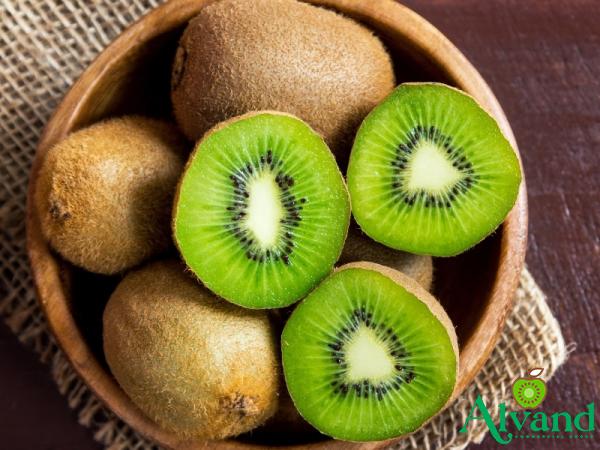 4. Market Potential: The market for hardy kiwi is expanding rapidly, presenting a prime opportunity for farmers. As consumers become more interested in exotic and unique fruits, the demand for hardy kiwi is steadily increasing. The fruit’s vibrant green flesh, sweet-tart flavor, and refreshing characteristics make it appealing to a wide range of consumers. Moreover, as an alternative to the traditional fuzzy kiwi, hardy kiwi offers a point of differentiation, attracting consumers seeking something new and exciting. 5. Value-Added Products: Aside from selling the fruit itself, hardy kiwi can be transformed into a range of value-added products, expanding its market potential even further.
4. Market Potential: The market for hardy kiwi is expanding rapidly, presenting a prime opportunity for farmers. As consumers become more interested in exotic and unique fruits, the demand for hardy kiwi is steadily increasing. The fruit’s vibrant green flesh, sweet-tart flavor, and refreshing characteristics make it appealing to a wide range of consumers. Moreover, as an alternative to the traditional fuzzy kiwi, hardy kiwi offers a point of differentiation, attracting consumers seeking something new and exciting. 5. Value-Added Products: Aside from selling the fruit itself, hardy kiwi can be transformed into a range of value-added products, expanding its market potential even further.
…
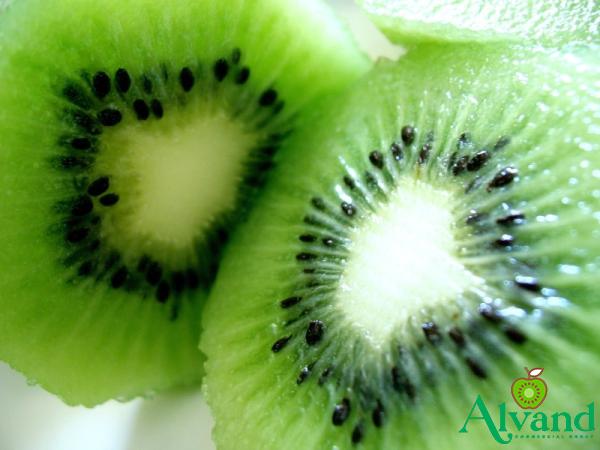 These products include jams, jellies, smoothies, dried fruit, and even wines. By diversifying product offerings and exploring various revenue streams, farmers can maximize the profitability of their hardy kiwi crops. Conclusion: As the popularity of hardy kiwi continues to soar, farmers have a unique opportunity to capitalize on this resilient and highly nutritious fruit. With its adaptability to different climates, high-yield potential, health benefits, expanding market, and potential for value-added products, hardy kiwi represents a sound investment for agricultural businesses. By embracing this growing industry trend, farmers can not only secure their financial success but also contribute to the broader movement towards sustainable and healthy food choices.
These products include jams, jellies, smoothies, dried fruit, and even wines. By diversifying product offerings and exploring various revenue streams, farmers can maximize the profitability of their hardy kiwi crops. Conclusion: As the popularity of hardy kiwi continues to soar, farmers have a unique opportunity to capitalize on this resilient and highly nutritious fruit. With its adaptability to different climates, high-yield potential, health benefits, expanding market, and potential for value-added products, hardy kiwi represents a sound investment for agricultural businesses. By embracing this growing industry trend, farmers can not only secure their financial success but also contribute to the broader movement towards sustainable and healthy food choices.
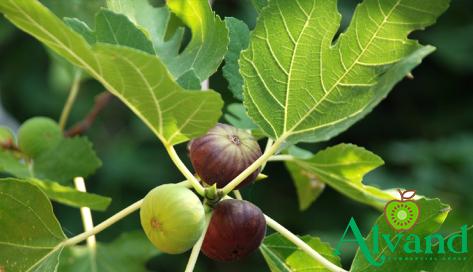
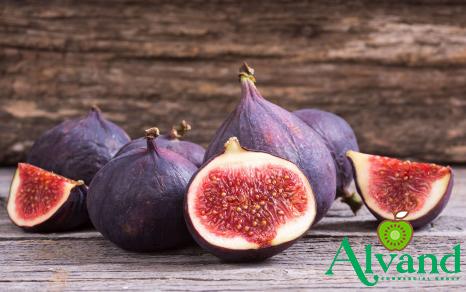
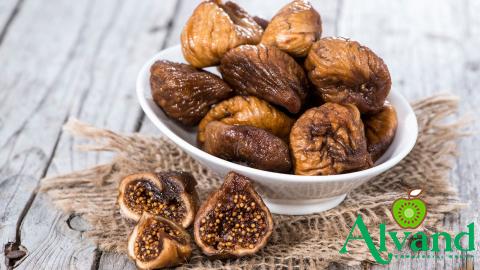
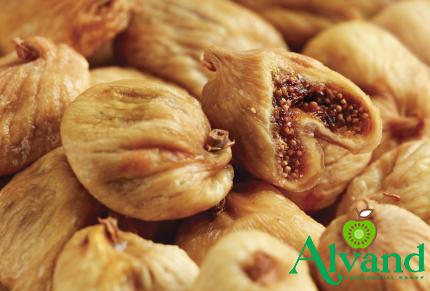
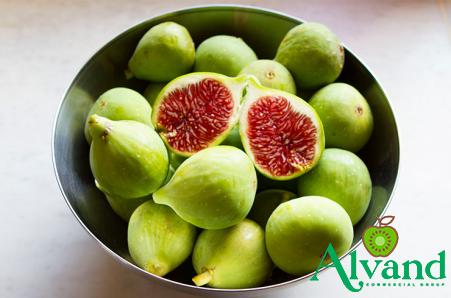
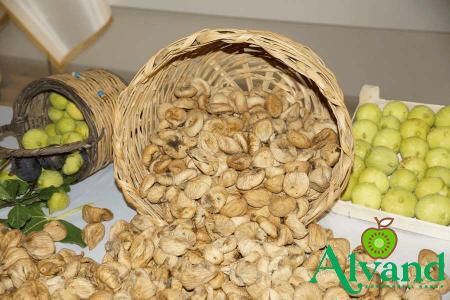
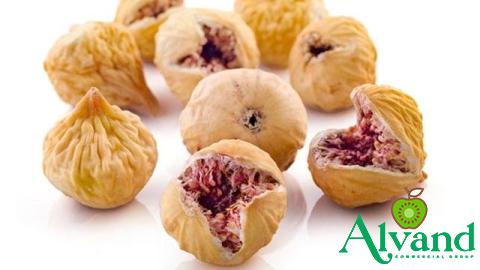
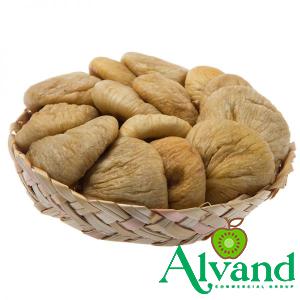
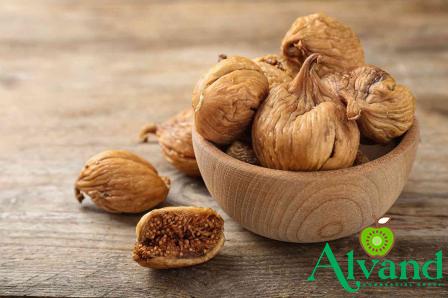
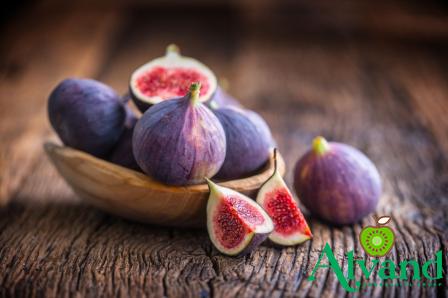
Your comment submitted.